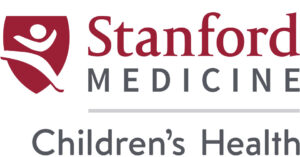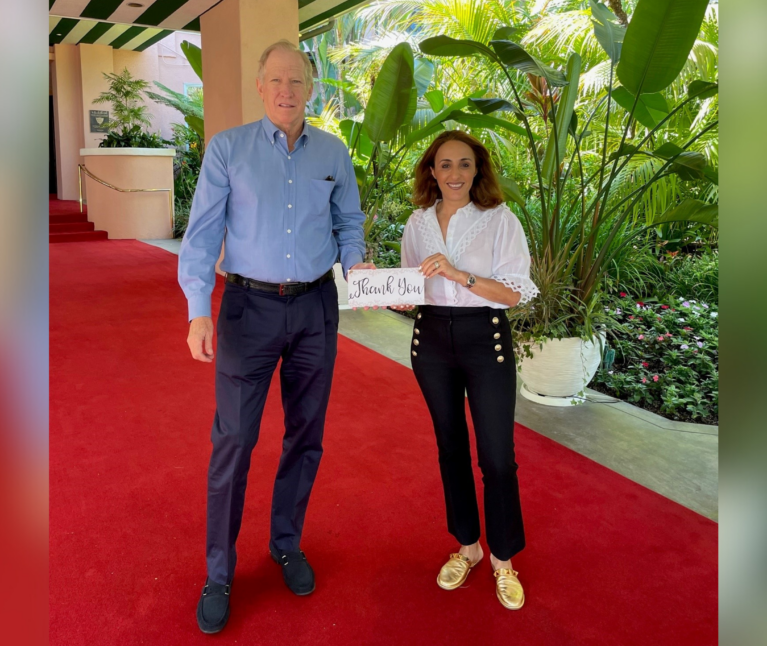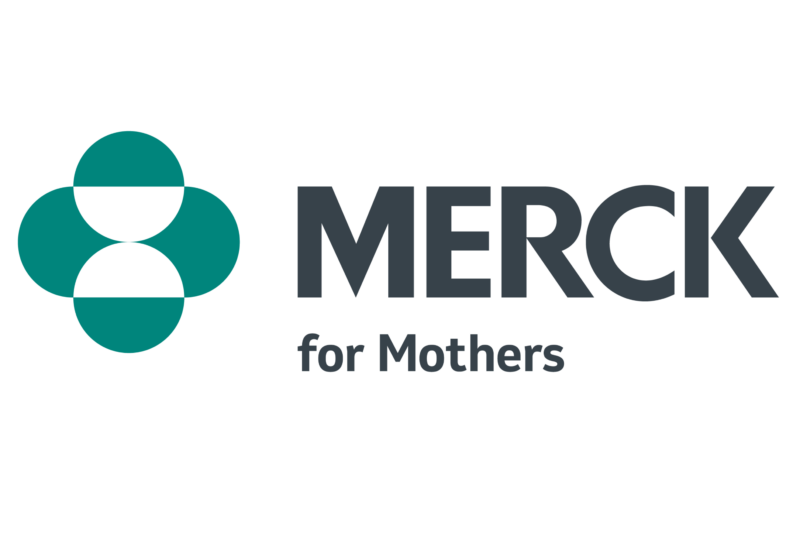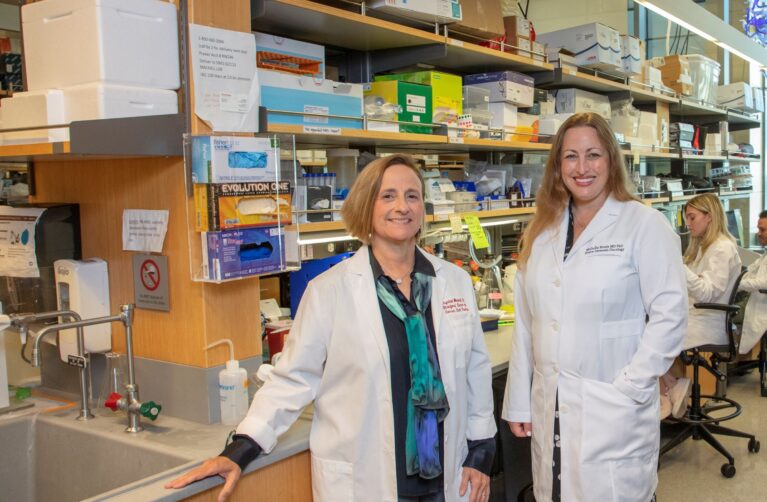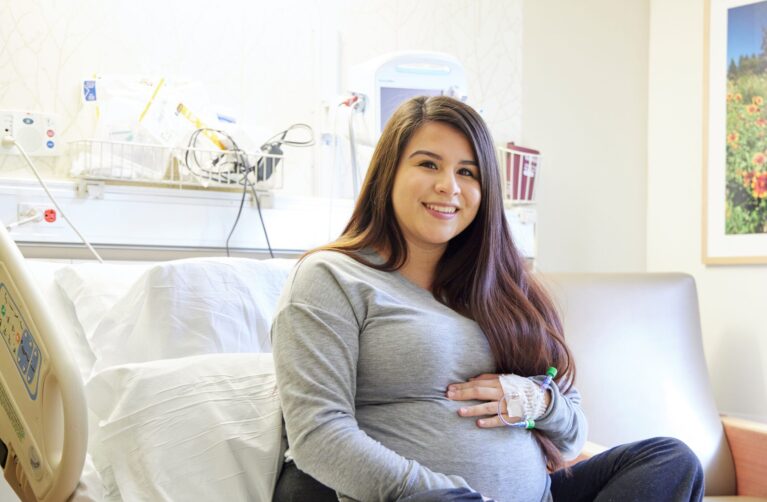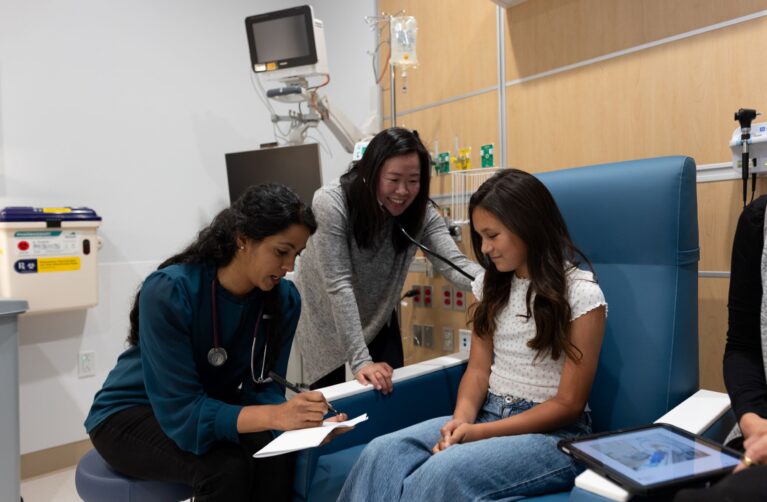Alfred E Mann Charities Advances Impactful Medical Research
Alfred Mann, a physicist, entrepreneur, inventor, and philanthropist, dedicated his life and fortune to advancing science that would help people live better, longer lives. Alfred E Mann Charities continues to build on his legacy by advancing health and humanity through science and medicine.
“Without philanthropy, we would not be world leaders in finding cures for many diseases, which were once believed incurable. Stanford is a world-class institution, and we are proud to be aligned in our mission to advance impactful medical research,” says Michael Dreyer, president of Alfred E Mann Charities.
Alfred E Mann Charities recently gave a $6 million gift to support congenital heart disease research by Casey Gifford, PhD; prematurity research led by Nima Aghaeepour, PhD; cancer research under Tanja Gruber, MD, PhD; and research using brain models led by Sergiu Pasca, MD.
With this gift, Stanford scientists are now poised to translate their discoveries into treatments for the most critically ill young patients.
“While medical science has advanced exponentially in the past several decades, we believe that there are countless more meaningful discoveries ahead,” says Anoosheh Bostani, co-leader of Alfred E Mann Charities. “We seek to help the dedicated men and women who lead in these fields accomplish their goals by helping to provide enough funding for them to do so.”
Thank you, Alfred E Mann Charities for empowering the work of Stanford researchers that will lead to new discoveries and treatments.
Helping Youth Stay Safe When They Encounter Drugs
We’re grateful to the William G. Nash Foundation for its gift to the Halpern-Felsher REACH Lab at Stanford. The REACH Lab, founded and directed by Bonnie Halpern-Felsher, PhD, FSAHM, focuses on understanding and reducing adolescent and young adult substance use—including tobacco, e-cigarettes, marijuana, and alcohol—among other risky behaviors.
The gift from the William G. Nash Foundation will help the REACH Lab update and distribute Safety First, the nation’s first harm reduction-based, comprehensive drug education curriculum for high school students.
“Now more than ever, youth need harm reduction drug education, critical thinking, and media literacy skills to make decisions and to keep themselves and others safe when they encounter alcohol and other drugs,” says Kristin Nash, MPH, executive director of the William G. Nash Foundation. “That’s why we’re thrilled to support Stanford in updating and disseminating the Safety First curriculum.”
Family and Friends Hit the Trail to Raise Funds for ALD Research
Last Summer, the Anderson family organized a fundraiser in honor of their son, Ben “Cole,” who they lost to adrenoleukodystrophy (ALD) in 2020. They gathered members of the Van Haren Lab at Stanford, as well as friends and family, for the second annual hike to the 10,785-foot summit of Mount Rose at Lake Tahoe. They named their climb the “Be Warrior” Challenge.
Over 100 hikers of all abilities joined, helping the Andersons raise nearly $40,000 to support the lab where Keith Van Haren, MD, and his team are researching ALD, a deadly genetic disease that affects mostly boys.
“Throughout Ben’s war with ALD, we experienced an overabundance of grace and generosity from our community in Reno and beyond,” says Katie Anderson, Ben’s mom. “We figured that redirecting that energy towards the research side of ALD was the most appropriate way to wage war against this insidious disease. We are incredibly honored to be able to help the Van Haren Lab in its research.”
Thank you, Anderson family, for supporting efforts to find better treatments and potentially a cure for ALD.
If you would like to join them, the next “Be Warrior” Challenge is August 23. Learn more at bewarrior.org.
Helping to End Maternal Deaths
The United States has the highest maternal morbidity and mortality rate among developed countries. One-third of all maternal deaths occur after hospital discharge, according to the CDC. Black women are at the highest risk for death during this time period.
In response, California passed legislation extending postpartum care for up to one year for all moms covered by Medi-Cal. Stepping in to provide guidance on how best to implement comprehensive postpartum care is the California Maternal Quality Care Collaborative (CMQCC), a multi-stakeholder organization based at the Stanford School of Medicine.
“This major change in coverage is an opportunity to reimagine the comprehensive care needed one year postpartum to ensure that all postpartum birthing persons receive effective care,” says Jeffrey Gould, MD, MPH, principal investigator with the CMQCC.
Merck recently donated $200,000 to support the CMQCC’s work addressing postpartum care as part of its Merck for Mothers initiative, which is dedicated to helping end preventable maternal deaths around the world. We are grateful for Merck for Mothers’ support for this vital life-saving work.
